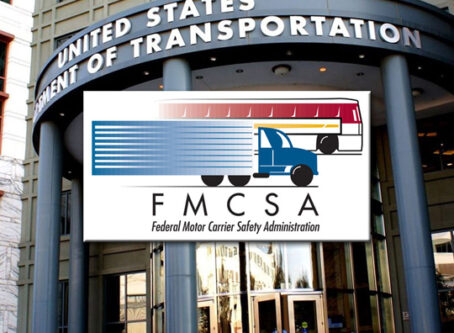Michigan moves forward with plans for 25-mile automated vehicle corridor on I-94
Plans to create a first-of-its-kind connected and automated vehicle corridor in Michigan are moving forward.
The project, originally announced in August 2020, seeks to create a dedicated lane for autonomous vehicles. The site of the project, a 25-mile stretch of I-94, connects Detroit to Ann Arbor.
Cavnue, the company tabbed by the state to lead the project, spent the past 18 months developing an advisory committee of automotive and autonomous mobility companies. On April 27, the company announced the end of their Series A capital investment round, which generated $130 million for the project.
“This strategic capital will drive further innovation and development of the company’s proprietary technology stack and platform, allow the firm to hire additional talent, and ensure that it can execute an ambitious, deep project pipeline which envisions a nationwide deployment of CAV lanes and corridors to facilitate faster and safer autonomous transportation at all levels,” a statement from Cavnue read.
Tyler Duvall, co-founder and CEO of Cavnue, said the company will look to build on and better utilize existing autonomous driving technology.
“With billions of dollars already invested in intelligent, connected, and autonomous in-vehicle technology, Cavnue will take these technological advancements one step further by adding the roadway into the connected driving experience,” Duvall said in a statement. “By partnering with leading companies across the industry, Cavnue is working to build connected and autonomous vehicle corridors that enable transportation solutions with the potential to save lives by reducing crashes, boosting productivity by cutting time wasted in traffic, and increasing access to personal and shared mobility.”
Considerations for truckers
Jacksonville, Fla.-based Landstar System Inc. is a member of the advisory committee and investor in the project. The partnership, according to Cavnue’s statement, will help the company “evaluate where and how smart infrastructure can deliver increased efficiency for freight, an enhanced driver experience for truck operators, and an improved safety environment for all users of these public roadways.”
“We believe collaboration with automakers, as well as road and freight operators on smart roadways and connected infrastructure, is crucial to Cavnue’s overall strategic vision: to build supportive infrastructure that will ensure safer roads, fewer casualties, reduced traffic congestion, and increased traffic efficiency,” the company’s statement read.
Cavnue will now begin work with Michigan Department of Transportation to provide traffic studies, environmental analysis, road design and operational planning. Additionally, public engagement on the project will be considered to ensure community engagement.
“There is no denying, the future of vehicles is connected and automated,” Duvall said. “A network of CAV lanes powered by an integrated hardware, software and advanced roadway operation solution can ensure that the future is safe and efficient.”
From a legislative standpoint, the state’s role in the automated vehicle corridor project is still being determined. On Jan. 27, the Michigan Senate passed SB 706, which would give the state’s DOT authority to designate a segment of highway for an autonomous roadway. The bill is yet to be voted on in the House. LL









